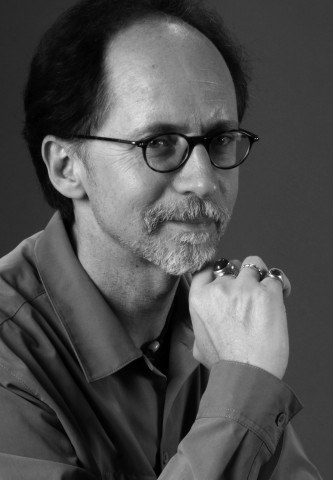The colourful mix that is Karachi
A discourse on the various cultures that give the city its cosmopolitan flavour.

The colourful mix that is Karachi
For a city as diverse as Karachi, it is the intangible cultures that give it its cosmopolitan flavour. The citizens of this great conurbation mingle with other communities socially, economically and politically to form its unique demographic.
Speakers at the third session on the first day of 'The Second International Conference on Karachi' presented various aspects of these cultures that make Karachi what it is today. The session was aptly titled 'Intangible Cultures'.

Prof Jeurgen Wasim started off the session with his paper on the Shidis - the Afro-Pakistani community. Prof Wasim strongly rebuked the literary scholars and academia for largely ignoring the Shidis in scholarly works. "You will be hard-pressed to find a single mention of this community of half a million people in most renowned publications on the cultures of Pakistan," he lamented. "Some books will merely hint at them in passing at the end of a footnote."
Prof Wasim pointed out that Pakistan was host to the largest population of African descent in South Asia. They had migrated from the Swahili coast as slaves, soldiers as well as members of Sufi orders. The major migration of Africans towards the subcontinent started in the 16th century, although smaller migrations have been taking place since the first century. Almost four million Africans have migrated to South Asia in 2,000 years, he noted.
Today, the majority of the Shidi community members live in Lyari, Karachi. So why the neglect and discrimination? None of the audience seemed to have the answer. They did not know why the Shidi's curly hair, large noses and skin colour had become an object of ridicule.

Prof Wasim's paper attempts to 'situate the Shidi community within the social fabric of Pakistan'. He hopes his work will help eradicate the discrimination they face, which does not allow them to improve their economic and social status.
The next paper was presented by Dr Hasan Ali Khan on the followers and leaders of the Rifa'iyya Sufi order. He revealed the origins of the order from the first leader, Syed Ahmed Kabeer, in Baghdad in the 11th century. The movement then reemerged in Baghdad in the 17th century, from where it came to Karachi with the creation of Pakistan. The current pir, Syed Zainul Abideen, lives in Karachi where he organises the majalis that are attended by his followers.
The video shown by Dr Khan showed one such majlis where followers of this order partook in special rituals to cast away problems that plagued one household. The rituals did not go down too well with some members of the audience, one of whom questioned Dr Khan why he didn't do anything to 'reform' the followers. "Why would I reform them?" was Dr Khan's immediate response. "They are free to practice whatever they want," he said dismissively.
One of the most interesting topics of the session was touched upon by Dr Riaz Ahmed Sheikh, the dean of the Social Sciences Department at Szabist. Though the presentation left much to be desired in terms of research quality and substance, his overall topic did manage to drive the point home. That Karachi is missing its restaurants and cafes that acted as public spheres to promote healthy discourse among literary figures and political activists.
"Many a political movement started from these very cafes that were found in abundance on Burnes Road, in Saddar and Lyari," he commented. "Many prominent social and political activists started their colourful careers from these very cafes." Dr Sheikh identified several cafes and the famous people who had frequented them some decades ago. Most of them are shut down now, he lamented.
The last speaker, Amen Jaffer, presented a paper on what makes Karachi a cosmopolitan city. It would be suffice to say that Jaffer's speech was addressed to the supremely intellectual and not your average Joe. In his defence, he did say at the start of his presentation that he was not that familiar with Karachi's dynamics. He therefore stuck to his specialty on the derivation and meaning of the term, cosmopolitan. The presentation, though seemingly quite thorough in its discourse and material, was quite lost on the audience.
Published in The Express Tribune, November 22nd, 2014.



















COMMENTS
Comments are moderated and generally will be posted if they are on-topic and not abusive.
For more information, please see our Comments FAQ